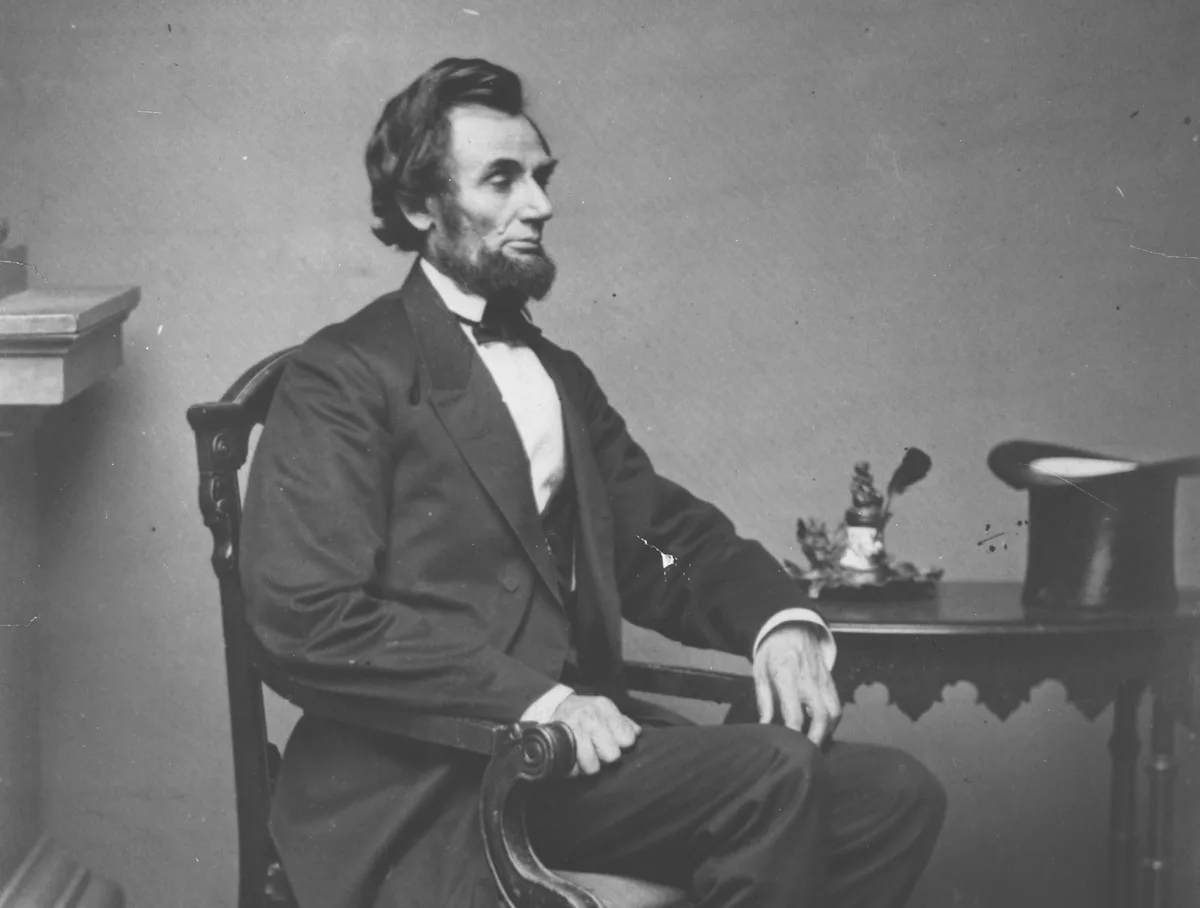The quote attributed to the American president about the limits of people's gullibility has long become popular. We checked the correctness of her attribution to one of the US national heroes.
The complete statement goes like this: “You can fool a few people all the time, or all the people some of the time, but you cannot fool all the people all the time.” Some translations use the word "fool."
An aphorism with attribution to Lincoln is ubiquitous in Russian-language sources. It is found in such popular publications as “Encyclopedic dictionary of popular words and expressions"Vadim Serov and "Big book of aphorisms» Konstantin Dushenko. At various times, this quote was attributed to the American president by a TV presenter Vladimir Pozner, public figure Pavel Kudyukin, film director Nikita Mikhalkov (223,000 And 184,000 views at the time of writing this analysis), political scientist Vladimir Pastukhov (154,000), blogger Roman Alekhine (132,000) and authors of materials on the sites "RIA Novosti» And Lenta.ru.
The original quote looks like this: “You can fool all the people some of the time and some of the people all the time, but you cannot fool all the people all the time.” It is very popular in the English-speaking world - in particular, mentioned V several biographies Abraham Lincoln. However, these books cannot be called authoritative sources - these are not near-academic studies, but simply popular biographies. The most serious resources containing documents and quotes related to politicians are the sites Abraham Lincoln Presidential Library and Museum, Abraham Lincoln Institute, Abraham Lincoln Association, Libraries of Congress, National Archives, as well as a portal with a 30-year history Abraham Lincoln Online, providing free access to a huge amount of text information. However, on “Lincoln” resources there was no confirmation of the authenticity of the quote; on other sites associated with American presidents, it can only be seen in correspondence 26th US President Theodore Roosevelt in the 1910s and speeches 40th President Ronald Reagan, who quoted her in Lisbon in 1985.
“Verified” studied the archive of projects “Google Books", Internet Archive, Fultonhistory.com And Newspapers.com. The earliest found attribution of this phrase to Lincoln is dated September 5, 1885, when a newspaper The Plattsburgh Republican (Plattsburgh, New York) commentary from an anonymous prohibitionist. He cited the words of his like-minded person, Dr. Joseph Cook, who at the meeting “said, quoting one of Abraham Lincoln’s memorable speeches: “You can fool some of the people all the time and all the people some of the time, but you cannot fool all the people all of the time!”

Only a few days have passed, and the phrase in his speech repeated another New York state prohibitionist activist, William Grew, but without referring to Lincoln. The following year, this phrase, again with reference to the 16th President of the United States, was quoted more V two prohibitionist publications in different contexts. And since 1887, citation became popular and out of connection with the described topics. It should be noted that representatives Prohibition Party in the 1880s they were an influential political force - their candidates came third in the presidential elections, so the maxims expressed by the prohibitionists could well have gone among the people, especially if they were attributed to Lincoln himself.
At the same time, for many years it was not explained anywhere under what circumstances and in what context the popular quote was made. She remained kind of historical anecdote, until in 1904 a certain E. E. Pearson rememberedthat his acquaintance Lewis Campbell from Illinois talked about Lincoln's campaign speech in the local town of Clinton in 1858. The future president was then running for the Senate and allegedly said about his opponent that he could not deceive people, ending the statement with the words from the quote in question. The University of Michigan Library website has a digitized collection of Abraham Lincoln's texts. In particular, it contains review Lincoln's speeches in Clinton during those days. Its source was a report in the Bloomington newspaper The Pantagraph. A similar text was included in complete set of works policy. The required phrase is not found either in fairly voluminous direct quotes or in the retelling of the content.
In 1905, shortly after rumors of Lincoln's Clinton speech as the source of the aphorism began to spread, the Chicago Tribune and Brooklyn Eagle started own investigation. As it turned out, many people remembered Lincoln's speech half a century ago in Clinton, but most did not recognize the quote about deception attributed to the ex-president. Only three elderly men, one of whom was the 78-year-old Lewis Campbell mentioned above, said that they heard something similar in meaning - although the details in their stories differed. To the editors of what was published in those years collected works Such evidence seemed inconclusive, and they placed the phrase only in a footnote, citing doubts about the attribution. How wrote in one of the newspapers, if Lincoln came up with such a successful statement, then it is strange that he did not repeat it in any of the five remaining debates, the texts of which have been preserved in full. A few years later another one appeared version Lincoln allegedly said these words during his so-called Lost Address in Bloomington in 1856. The third theory said that the phrase was actually invented by showman Phineas Barnum, who was extremely popular in the country at that time. None of these versions has serious arguments in its favor.
Does this mean that the author of the aphorism after Lincoln’s death was someone from the Prohibitionist Party? Not necessarily, especially since the phrase has its own prototype. In 1684, a French Protestant Jacques Abbadie, preached in Germany, England and Ireland, wrote: “It is possible to deceive some people or all people in a certain place and time, but it is impossible to deceive all people in all places and times.” It is likely that it was his statement that became the basis for the future quote. As for Lincoln, his authorship seems rather doubtful, given how late (27 years later) such an attribution appeared, and it had to be confirmed or refuted 47 years later by elderly people whose memory is difficult to rely on and who could read it in connection with Lincoln in newspapers. In their case, we can talk about the “Mandela effect” described a century later.
Cover photo: Wikimedia Commons
Read on topic:
- Is it true that US presidents die due to the curse of an Indian chief?
- Did Roosevelt say, “Yes, he’s a son of a bitch, but he’s our son of a bitch?”
- Is it true that John Kennedy, speaking in Germany, mistakenly called himself a Berlin donut?
If you find a spelling or grammatical error, please let us know by highlighting the error text and clicking Ctrl+Enter.






